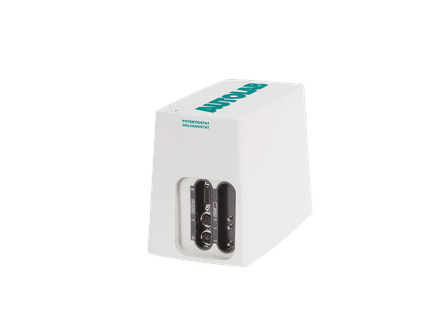To use all functions of this page, please activate cookies in your browser.
my.chemeurope.com
With an accout for my.chemeurope.com you can always see everything at a glance – and you can configure your own website and individual newsletter.
- My watch list
- My saved searches
- My saved topics
- My newsletter
5-alpha-reductase inhibitor5α-reductase inhibitors (or 5-alpha-reductase inhibitors) are a group of drugs with antiandrogenic activity, used in the treatment of benign prostatic hyperplasia and androgenic (or androgenetic) alopecia. These drugs decrease the levels of available 5α-reductase prior to testosterone binding with the enzyme, thus reducing levels of dihydrotestosterone that derives from such a bond. Product highlight
Clinical useIndications5α-reductase inhibitors are clinically used in the treatment of conditions which are exacerbated by dihydrotestosterone. Specifically, these indications may include: (Rossi, 2004)
Adverse drug reactionsAdverse drug reactions (ADRs) experienced with 5α-reductase inhibitors are generally dose-dependent. Common ADRs include impotence, decreased libido, decreased ejaculate volume. Rare ADRs include: breast tenderness and enlargement, and allergic reaction. (Rossi, 2004) PharmacologyThe enzyme 5α-reductase is involved in the conversion of testosterone to the active form dihydrotestosterone by reducing the Δ4,5 double-bond. In benign prostatic hyperplasia, dihydrotestosterone acts as a potent cellular androgen and promotes prostate growth - inhibiting the enzyme reduces the excessive prostate growth. In alopecia, pattern-baldness is one of the effects of androgenic receptor activation. Reducing the levels of dihydrotestosterone thus reduces alopecia. Examples
References
|
|||||||||||||
| This article is licensed under the GNU Free Documentation License. It uses material from the Wikipedia article "5-alpha-reductase_inhibitor". A list of authors is available in Wikipedia. | |||||||||||||







